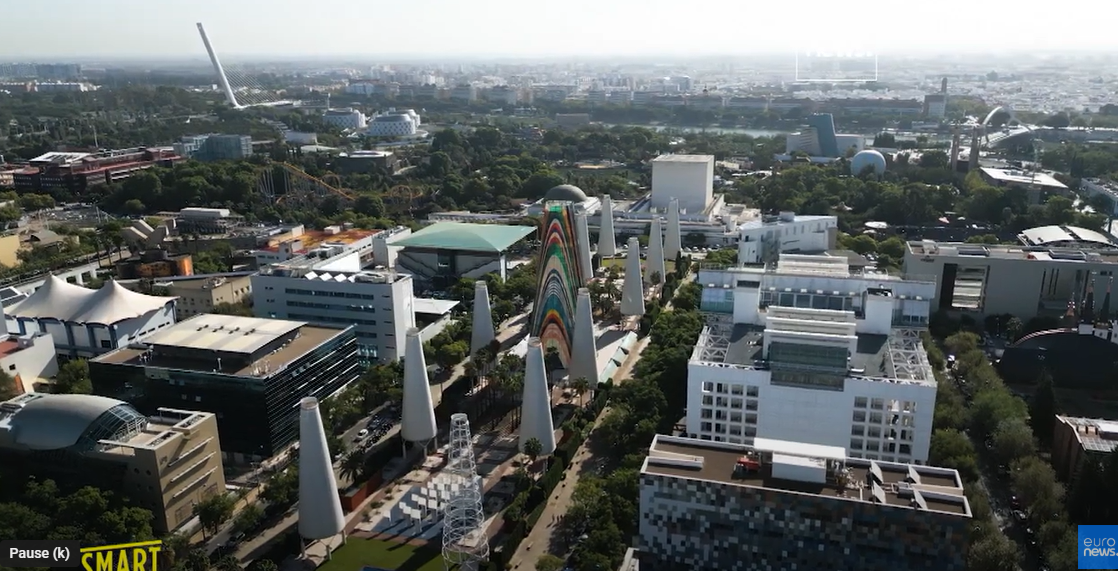Description
Andalusia in southern Spain is leading efforts in energy saving and sustainable construction and transport, inspired by the successful European Píxar program. This initiative achieved over 36,000 building renovations in under a year, resulting in an 85,000-ton reduction in CO2 emissions and saving families €280 million, with over 7,000 vulnerable families benefiting. For example, in Jerez, thermal insulation upgrades offered up to 70% subsidies, leading to nearly 60% energy savings for residents.
Funded significantly by the EU’s cohesion policy, Píxar also created 80,000 jobs. Its success has spurred new sustainable energy development programs, as seen in Palma del Río, where European funding enabled ambitious projects like the energy-efficient renovation of a historic convent. Beyond buildings, Andalusia is also decarbonizing transport, with Córdoba’s bus fleet transitioning to cleaner compressed natural gas, significantly reducing particulate emissions.
Learning Objectives
- Understand the impact of European cohesion policy on local sustainability initiatives: Recognize how EU funding can drive large-scale energy efficiency and sustainable development projects in regions like Andalusia.
- Identify the benefits of thermal insulation in buildings: Learn how measures like façade and roof insulation lead to significant energy savings, reduced CO2 emissions, and lower utility bills for households.
- Recognize the social dimension of energy efficiency programs: Understand how initiatives like the Píxar program specifically target vulnerable families, improving their living conditions and reducing energy poverty.
- Appreciate the economic and employment benefits of sustainable construction: Grasp how large-scale renovation projects can stimulate economic activity and create jobs.
- Identify strategies for decarbonizing urban transport: Learn about the transition to cleaner fuels like compressed natural gas (CNG) in public transport fleets to reduce urban air pollution.
